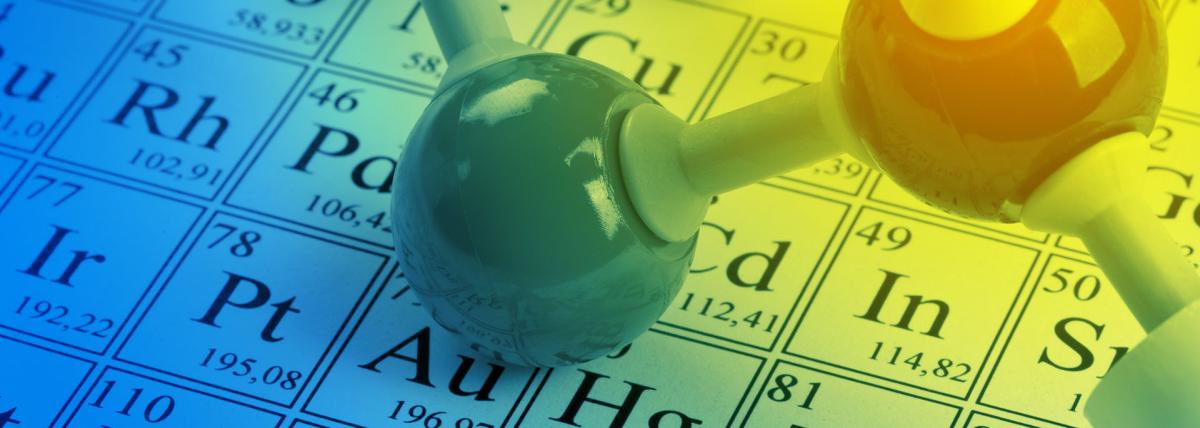
Chemistry - Let's Lick the Spoon
by Amanda Stalvey Harrison
The first rule in the chemistry lab is “don’t eat or drink or lick anything in the lab”! This lesson breaks those rules and shows students how culinary is really a practical application of chemistry. Through this lesson, students will feel like culinary chemists! Students will be using chemical processes to spherify fruit juices and other school appropriate drinks, through molecular gastronomy. This lesson will guide you through a sample lesson structure, key resources, materials lists, and the recipes that were found to work the best. This is a great way to collaborate with your school’s culinary teacher and class to highlight both your classes and contents.
Lesson Plan Link/URL
https://docs.google.com/presentation/d/1Wc9JqcZRv_m8zBtz6qFwhWdos-UyhlSi/edit?u…Subject Area
Science Physical Science P1: Matter Technology 1. Empowered Learner 2. Digital Citizen Mathematics Counting and Cardinality (CC) Measurement and Data (MD) Ratio and Proportion (RP) English Language Arts (ELA) Reading (Literature) Reading (Informational Text) Writing Speaking & Listening
Featured
Off
Related Content

Grades:
4th Grade
In this 7 week unit, students will utilize resources around them to create a garden for a culminating taco party! Students will work on science, math, and ELA within the unit. Feel free to host this

Grades:
7th Grade, 8th Grade, 9th Grade, 10th Grade, 11th Grade
This lesson give emphasis on the systems A and B of the chemical reaction that represent the reactants and products. This also focuses on investigating not just the system involved in the chemical

Grades:
5th Grade
Let the students experience being industrial or manufacturing engineers as they convince bag companies about the best plastic material to upcycle for a more sustainable bag option. Through the Plastic